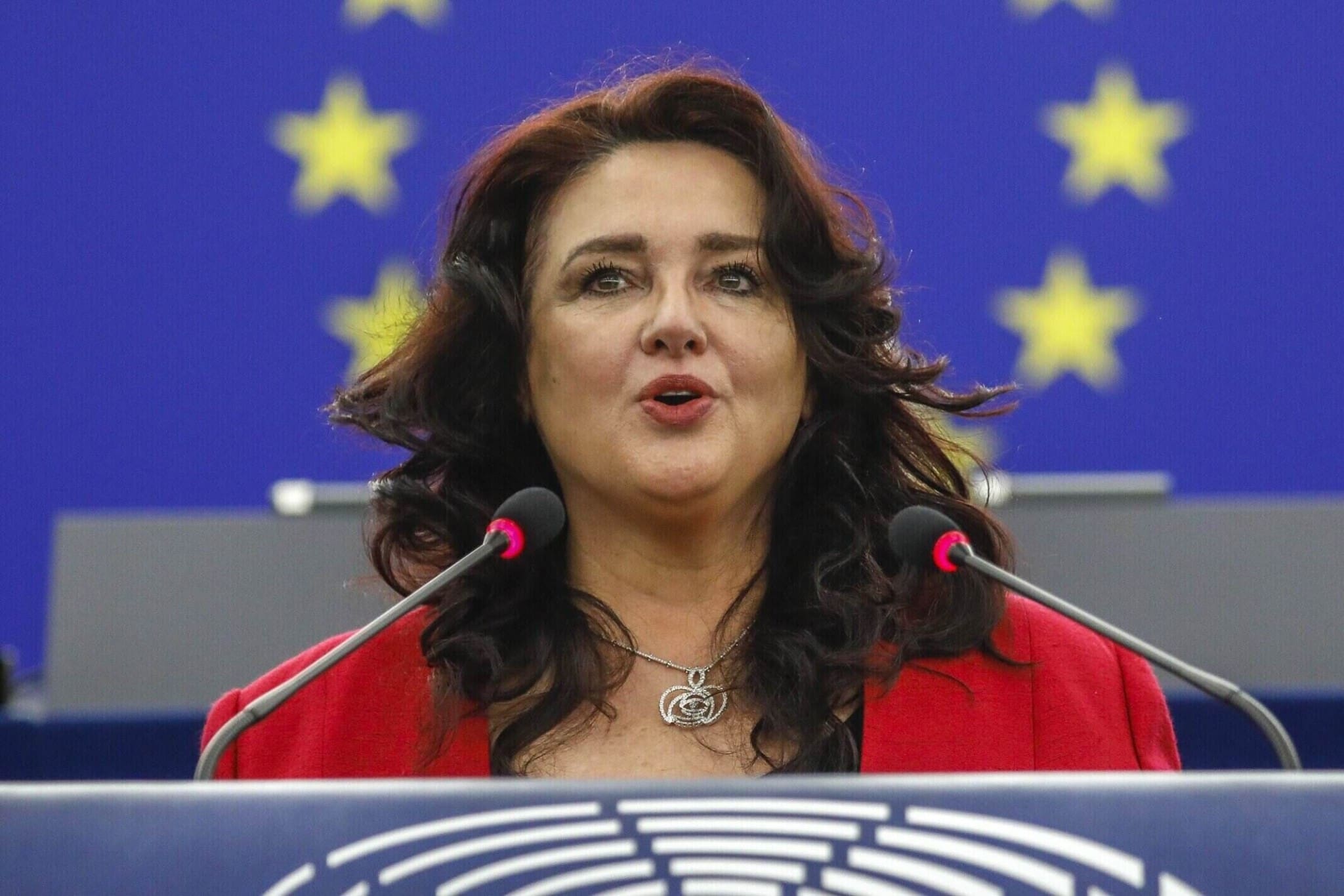After a storm of outrage, the EU Commissioner for Equality, Helena Dalli, withdrew an internal guideline on inclusive language, Junge Freiheit reported.
“We are looking into these concerns with the view of addressing them in an updated version of the guidelines,” she announced.
The purpose of the directive was to sensitize Commission members to the linguistic nuances of the “diversity of European culture.” This included the different religions and life paths of EU citizens.
The guide that Dalli presented in October criticized, among other things, the term “Christmas period,” which leaves out EU citizens of other cultures. The term is often used to refer to the holidays in December, but not only the birth of Jesus is celebrated in this month, as Jews celebrate Hanukkah as well.
Likewise, when choosing a name, the Christian tradition is often used. In fictional examples, the guideline suggested using names like Malika and Giulio instead of biblical first names such as Mary or John.
The document also warns against using words that are not gender-neutral and advises that special gender pronouns be used for people who do not identify as exclusively male or female.
The authors of the guidelines also had a problem with addressing women in English with Miss or Mrs., depending on marital status.
Furthermore, the guide called for language to be more considerate when referring to disabled people. Instead of “John Doe is disabled,” it should read “John Doe has a physical impairment.” The document also advised against the formulation “bound to a wheelchair.” A better expression is “wheelchair user,” the guideline states.






